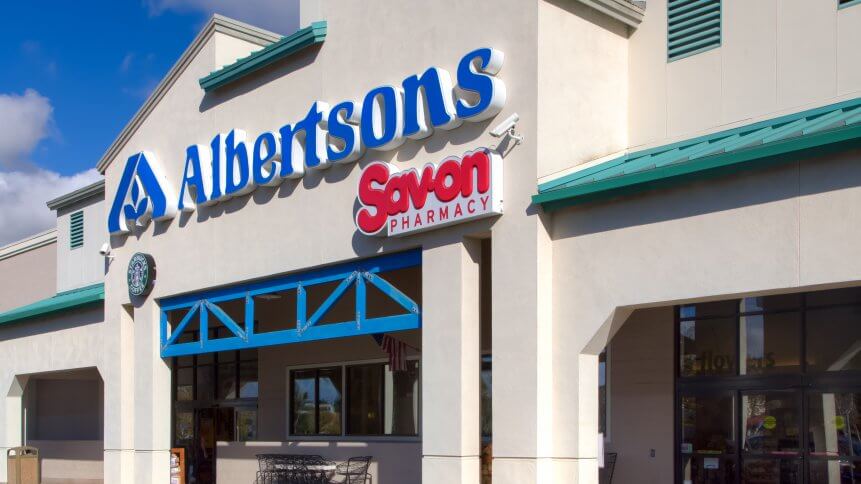US retailers buy into blockchain, but hurdles remain

Blockchain spend by the US retail sector increased 103.1 percent during 2018 to reach US$112.4 million, according to ResearchAndMarkets. From 2019 to 2025, meanwhile, it will rise from US$208 million to US$2.6 billion.
Supply chain management is one of the main areas of investment. Leading the way here is Walmart. Blockchain consortium Hyperledger recently published a case study detailing how the US giant is “leading unparalleled transparency in the food supply chain”.
It tested many approaches before turning its attention to blockchain. Two Proof of Concept (POC) projects, one in the US and one in China, solidified its commitment to the technology and Hyperledger Fabric. It is now leading industry-wide adoption with a coalition involving the likes of Nestle and Unilever. Check out the case study here.
Albertsons
Elsewhere, food and drug chain Albertsons Companies recently signed up with IBM’s Food Trust blockchain platform.
The retailer, which operates nearly 2,300 stores across the US, will pilot Food Trust for tracing bulk romaine lettuce from one of its distribution centres. It will then explore expanding to other food categories throughout its distribution network.
It is looking to overcome the obstacles that have existed when a traceback is initiated for a product like romaine and is evaluating ways to highlight the provenance of its Own Brands portfolio.
Since it launched in October 2018, Food Trust has grown to incorporate around 80 clients, with over five million food products now using blockchain technology as part of their delivery process.
YOU MIGHT LIKE

The race to transform cross-border payments
You know it ain’t easy
This being a highly touted emerging technology, there’s an inevitable downside, however. Namely that blockchain enthusiasts often go overboard when pitching the benefits involved; ‘it will revolutionize the retail sector’, ‘it is the solution to all retailers’ woes’, etc. This is a space with more than its fair share of scam artists and hype merchants pushing dubious projects and initiatives.
It could be argued that, right now, blockchain is not top of mind for many retailers. Certainly, if you venture along to a UK retail technology conference in 2019, it will be a surprise if you find anyone talking about this space in a major way.
This is partly down to hype fatigue, but also due to the cost of creating and implementing blockchain networks; a significant barrier, particularly for SMEs. Then there’s the grey area that is regulation. And whilst blockchain’s transparency is one of its strengths, it is also a weakness for a data-centric sector like retail.
Bitcoin et al
On the payments front, Coinbase CEO, Brian Armstrong, is taking a cautious (read: realistic) approach. In a recent Ask Me Anything session on YouTube, he commented that regular transactions, e.g. paying for a cup of coffee at Starbucks, is the last area that will get disrupted by digital currencies such as Bitcoin.
It will initially be used more on the fringes and then slowly move mainstream. Crypto is gaining traction where there is a need to quickly send money around the world. And where people are unbanked or de-platformed – emerging markets, Venezuela and so on.
Bitcoin makes up most of the volume in the virtual currency market but only a small percentage of the global money supply. Nevertheless, the numbers are large enough for banks to take notice and investment is continuing at pace, Armstrong says.
We need more like-minded people pushing a visionary but pragmatic approach to blockchain and crypto because extravagant claims and rampant hype only get you so far and usually put more people off than they attract.








